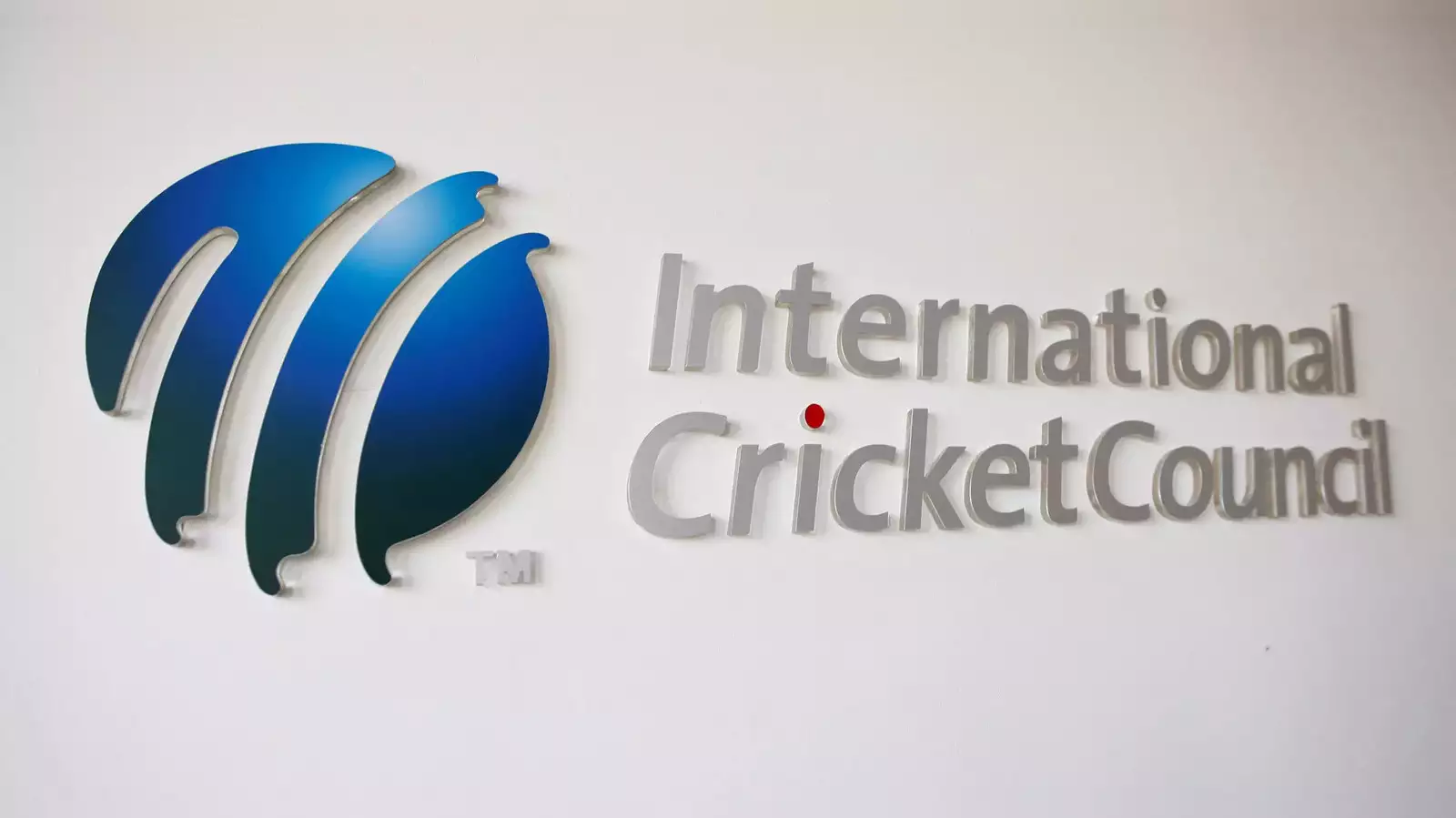The International Cricket Council (ICC) has chosen Singapore as the venue for its upcoming annual conference, tentatively scheduled for the third week of July. The conference is expected to feature a range of important decisions, especially those stemming from recent Cricket Committee recommendations regarding Playing Conditions.
The decision to host the event in Singapore was finalised during a series of meetings held earlier in Harare and Victoria Falls, Zimbabwe. This will be the first ICC annual conference chaired by Jay Shah, who recently assumed the role of ICC Chairman. Notably, Singapore is also the constituency of ICC Deputy Chair Imran Khwaja.
One of the key agenda items involves proposals from the Cricket Committee, which is chaired by Sourav Ganguly, former BCCI president and India captain. The ICC is likely to establish a Working Group to examine these recommendations in detail.
Among the proposed changes:
- Use of a single ball from the 25th over onwards in ODIs, aimed at encouraging reverse swing.
- Introduction of an in-game clock in Test cricket to ensure 90 overs are completed in a day. The Ganguly panel has recommended a 60-second time limit between overs, mirroring time restrictions in limited-overs formats.
- A format shift in the Under-19 Men’s World Cup from 50-overs to T20, in line with the current Women’s U-19 World Cup structure.
While the Working Group has not yet been officially formed, discussions suggest it could be constituted soon.
Separately, the ICC also held initial discussions around the World Cricket Association (WCA), which has submitted recommendations on governance reform and a revised financial distribution model. However, the WCA’s influence appears limited.
During deliberations, it emerged that:
- The WCA is not officially recognised by major boards, including the Board of Control for Cricket in India (BCCI).
- Few Full Member boards have granted the WCA affiliation.
- The consensus within the Chief Executives’ Committee (CEC) is that the WCA lacks the authority to influence ICC decisions, although member boards may independently choose to engage with players affiliated with the group.
Given these factors, the likelihood of the WCA’s proposals being formally accepted by the ICC seems minimal.

